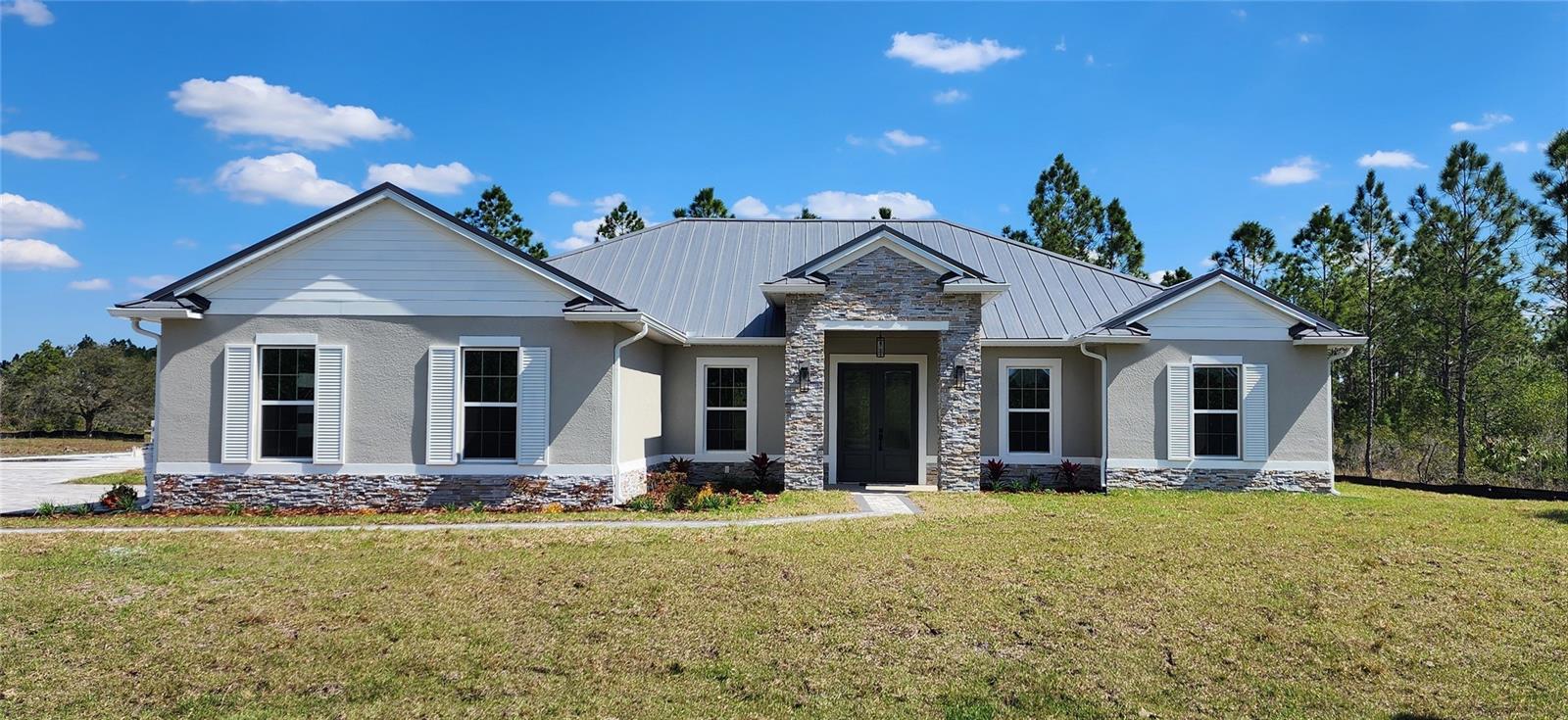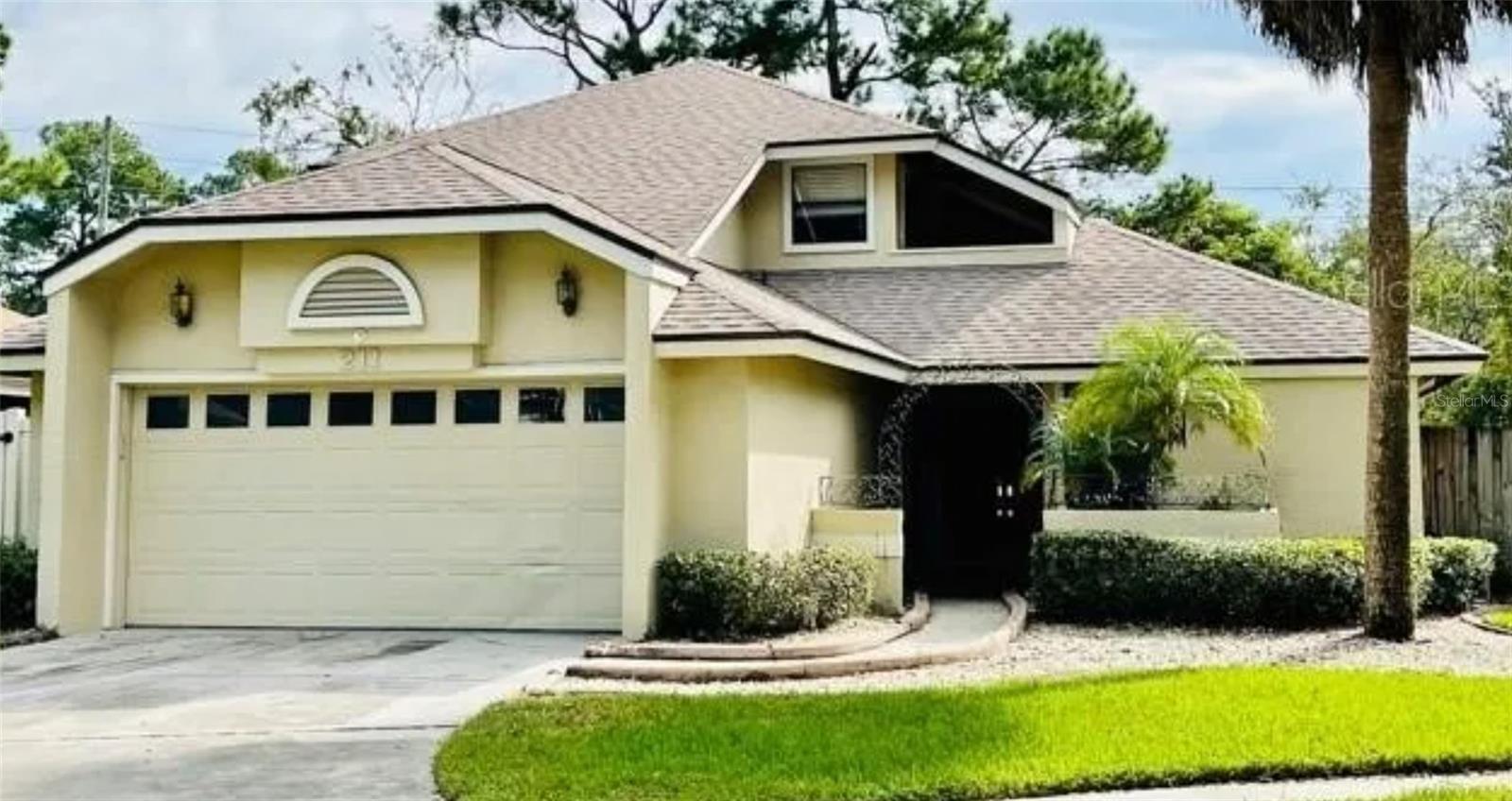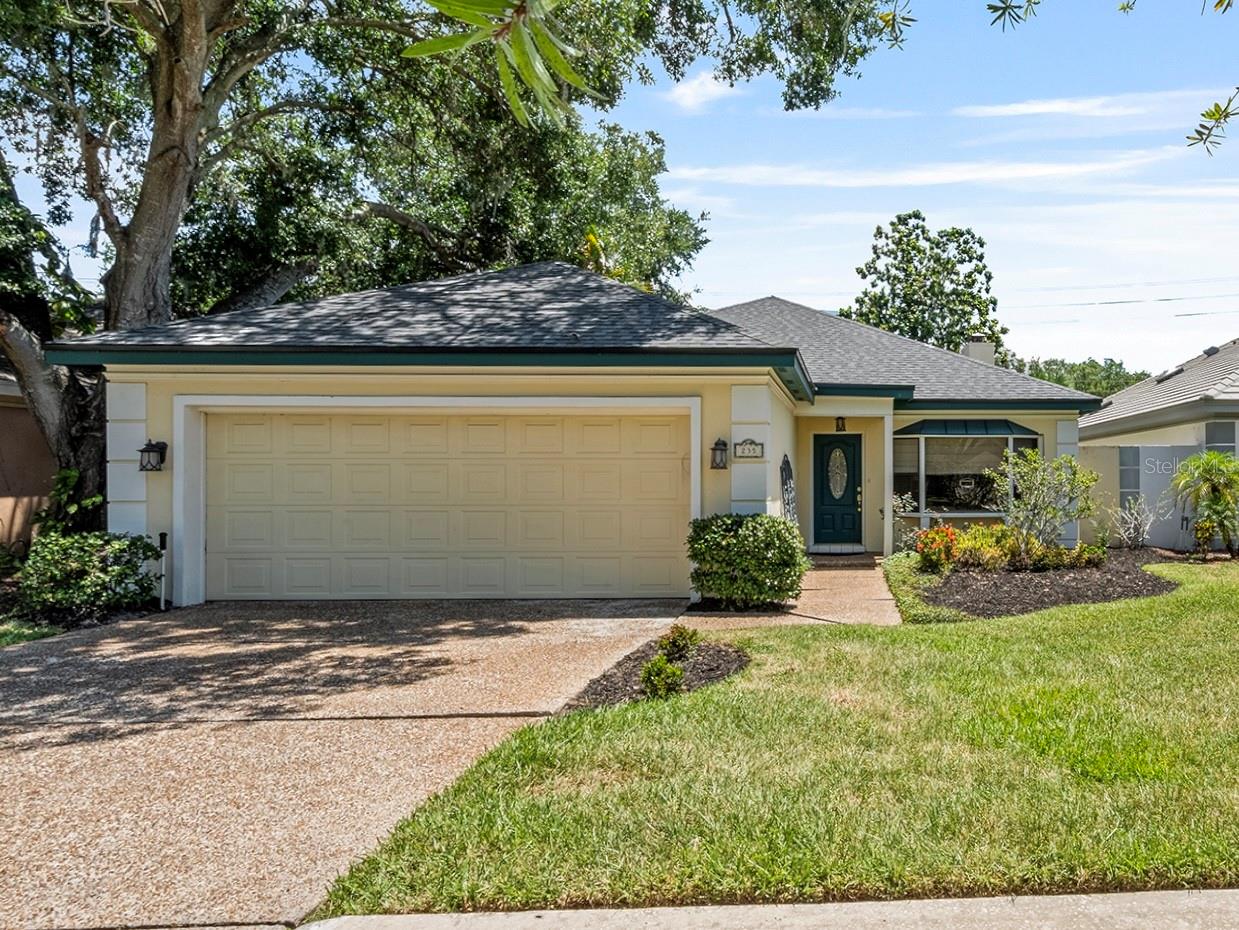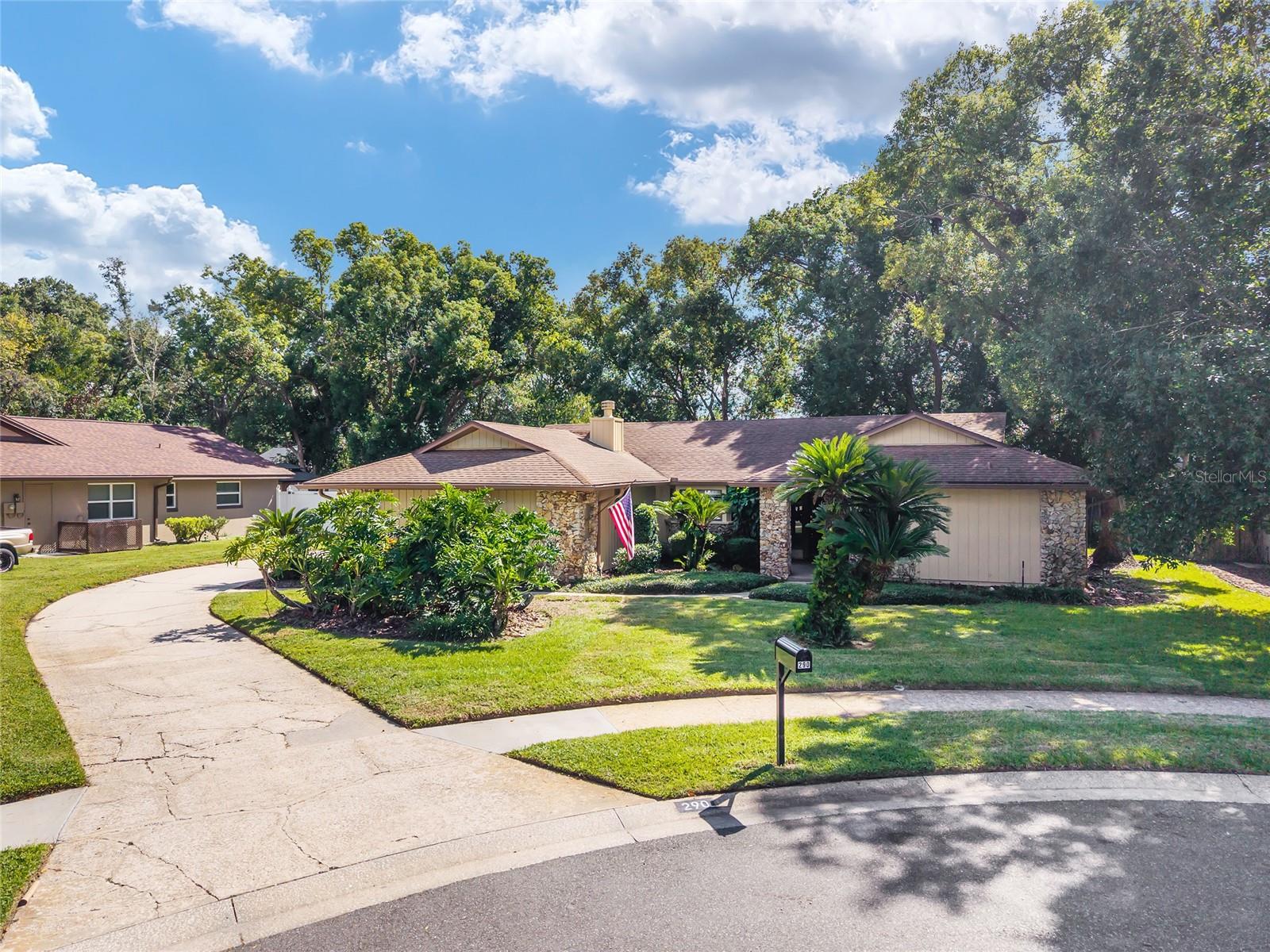A mortgage foreclosure is a legal proceeding in which a lender terminates a homeowners right to the property in question. When a borrower defaults on a mortgage that is held by the lender, the lender has the right to repossess the property. Once the property has been repossessed by the lender, the bank can then sell the property and keep all of the proceeds to pay off the remaining amount left on the mortgage as well as any legal costs that incurred during the foreclosure process.
If the property does not sell after the foreclosure process, the borrower will remain liable for the amount due on the mortgage. The lender is required to sell the property at a price that is near the fair market value (FMV), however more often than not the lender sells the home at a discounted price in order to recover the amount lost on the mortgage. A foreclosure usually results in a loss for both the lender and the borrower, which is the reason that many homeowners will look at a short sale option before the mortgage ends up in foreclosure.





